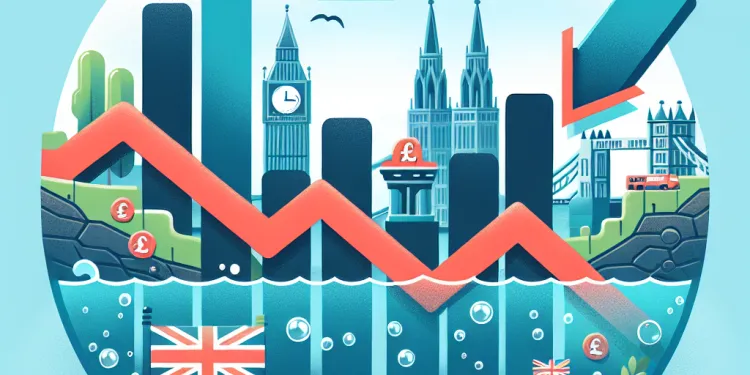
Find Help
More Items From Ergsy search
-
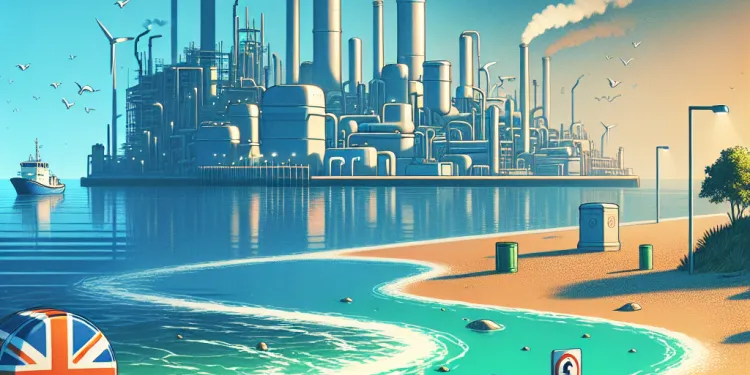
What causes sewage pollution on UK beaches?
Relevance: 100%
-
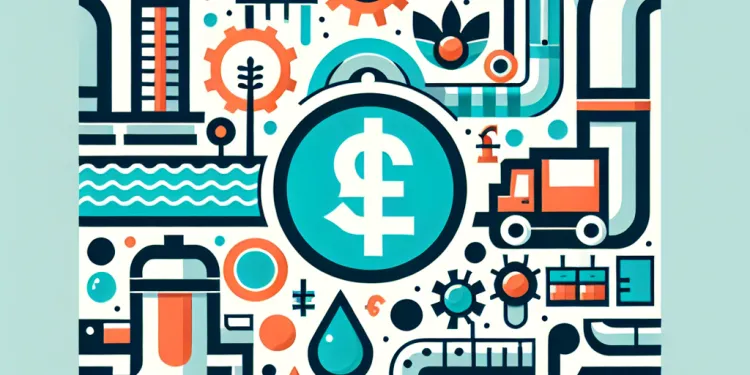
What agencies monitor and regulate sewage pollution in the UK?
Relevance: 98%
-
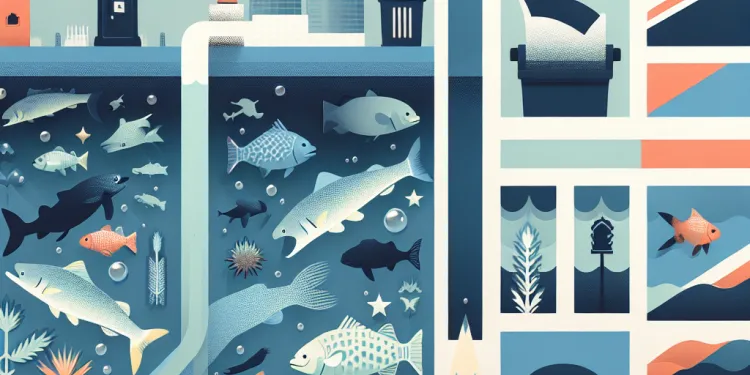
Can sewage pollution impact marine wildlife?
Relevance: 97%
-
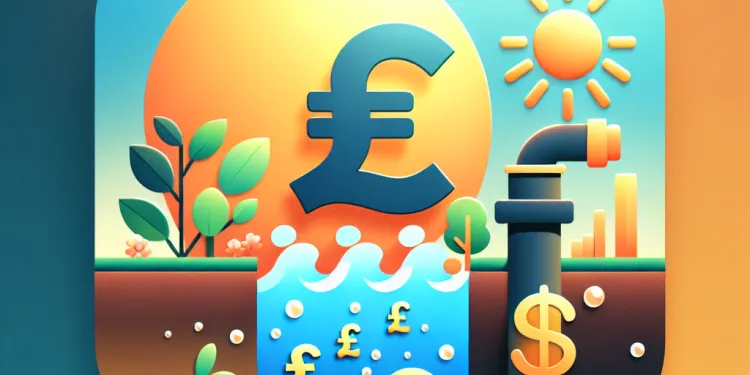
Is climate change affecting sewage pollution levels?
Relevance: 97%
-
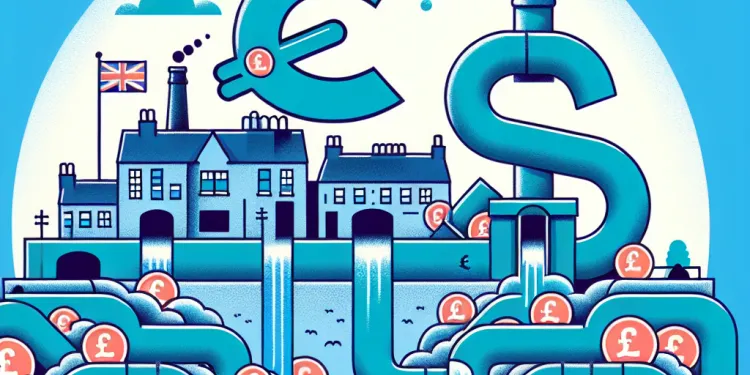
Which UK areas are most affected by sewage pollution?
Relevance: 97%
-
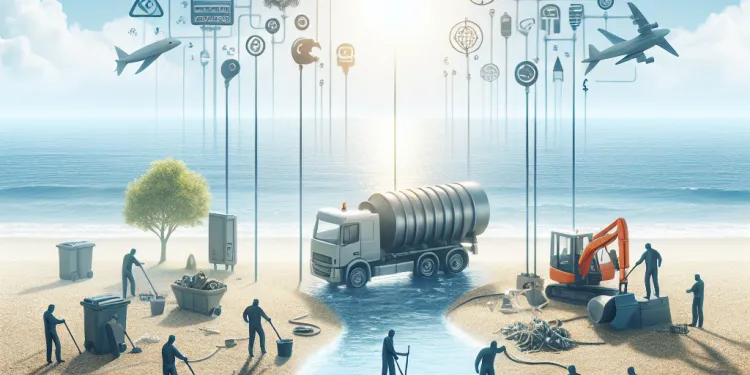
What is being done to address sewage pollution on UK beaches?
Relevance: 97%
-
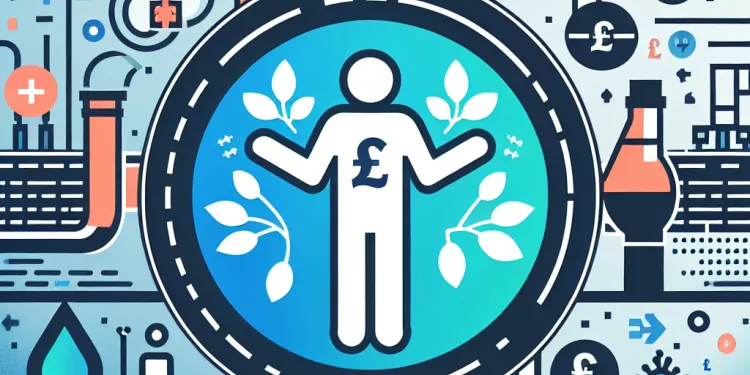
How does sewage pollution affect public health?
Relevance: 95%
-
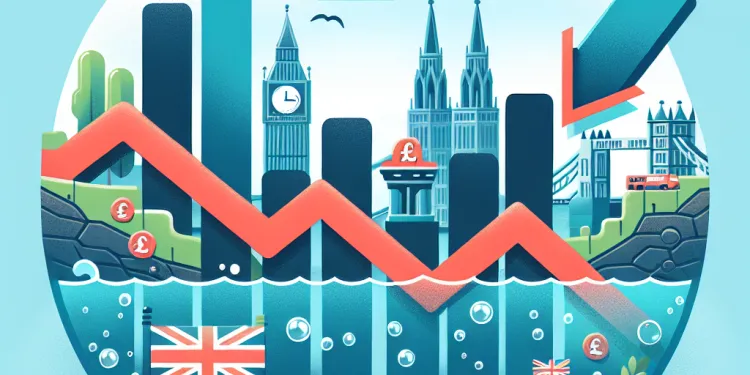
Has sewage pollution in the UK improved over recent years?
Relevance: 94%
-
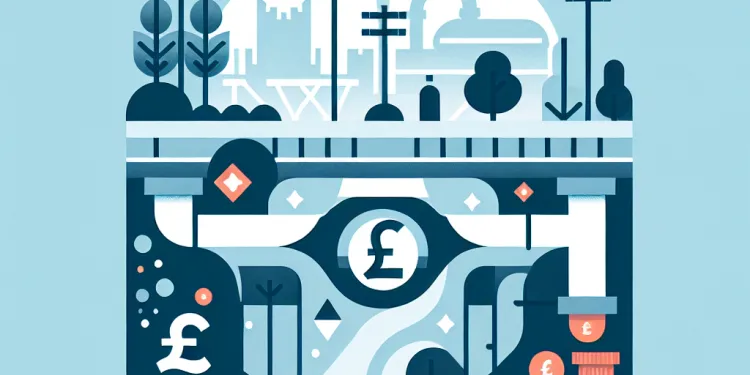
What role do water companies play in sewage pollution?
Relevance: 94%
-
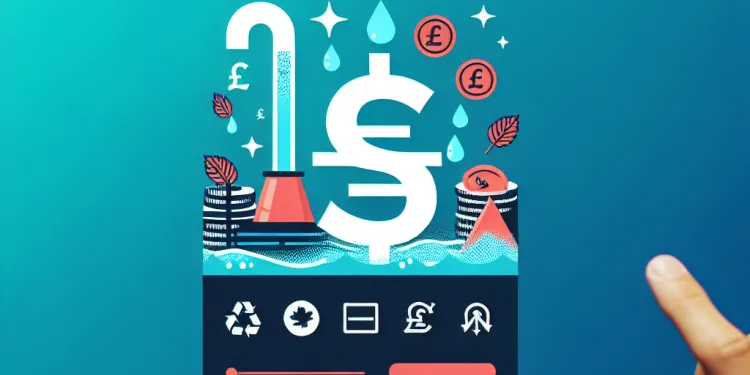
How can individuals help reduce sewage pollution?
Relevance: 93%
-
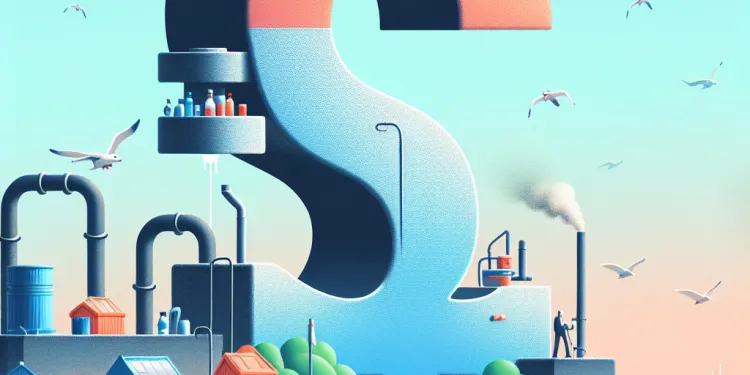
How can the public find out if a beach has sewage pollution?
Relevance: 87%
-
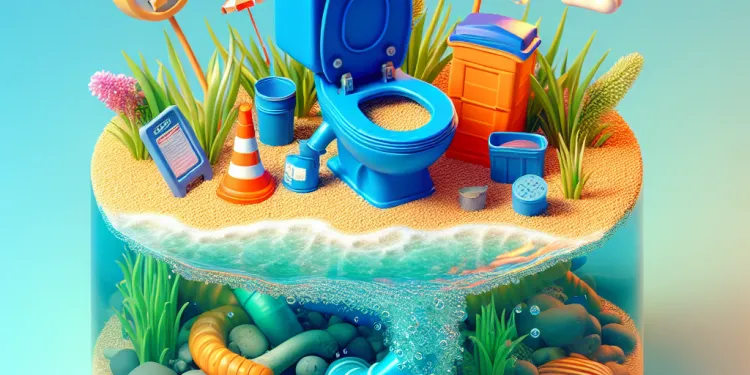
Is sewage a problem on UK beaches?
Relevance: 83%
-
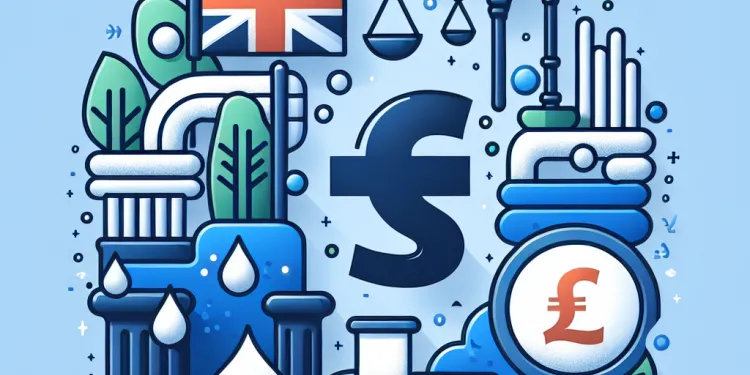
Are there legal guidelines for sewage discharge into UK waters?
Relevance: 67%
-
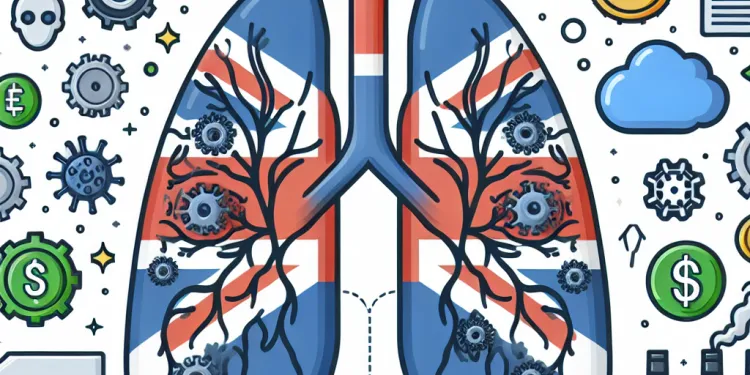
Air Pollution and Lung Cancer
Relevance: 48%
-
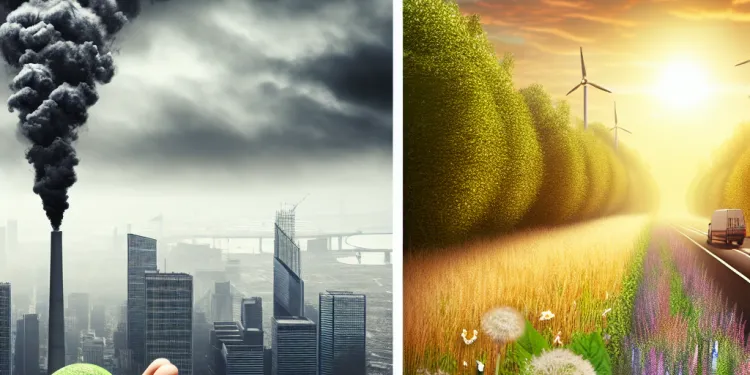
How does air pollution affect asthma?
Relevance: 44%
-
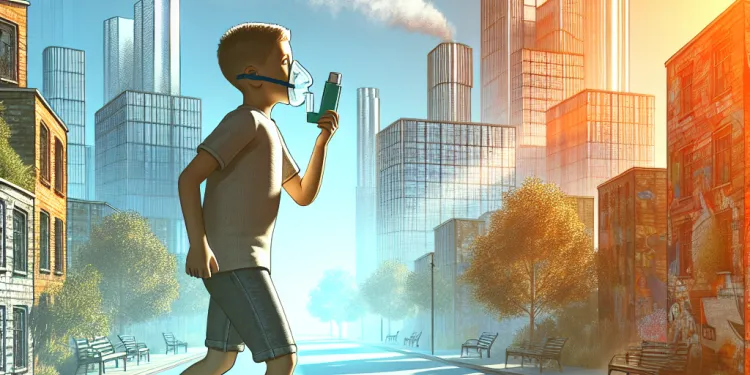
Rise in Childhood Asthma Linked to Air Pollution in Urban Areas
Relevance: 41%
-

High Air Pollution Levels Linked to Rising Cases of Respiratory Issues
Relevance: 41%
-

Where can I find information on air pollution and its effect on Asthma for my local area?
Relevance: 40%
-

Where can I find research studies on air pollution and asthma in my area?
Relevance: 39%
-

What are some common pollutants that affect asthma sufferers in urban areas?
Relevance: 39%
-
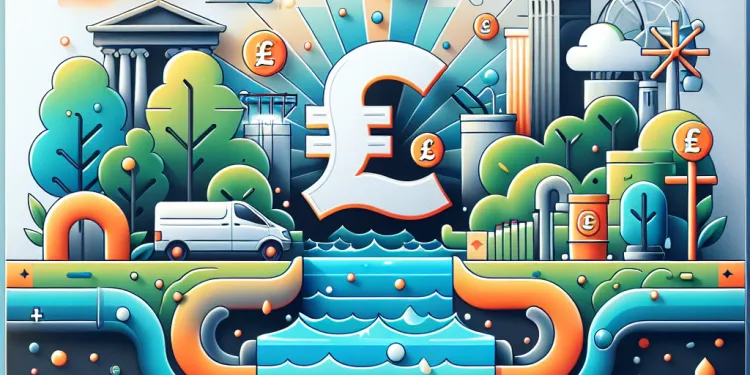
What is a Combined Sewer Overflow (CSO)?
Relevance: 32%
-

What local organizations provide information on air pollution and asthma?
Relevance: 29%
-

How can I reduce my exposure to air pollution if I have asthma?
Relevance: 29%
-

What local organizations provide information on air pollution and asthma?
Relevance: 29%
-

Where can I find general information about air pollution and asthma?
Relevance: 28%
-
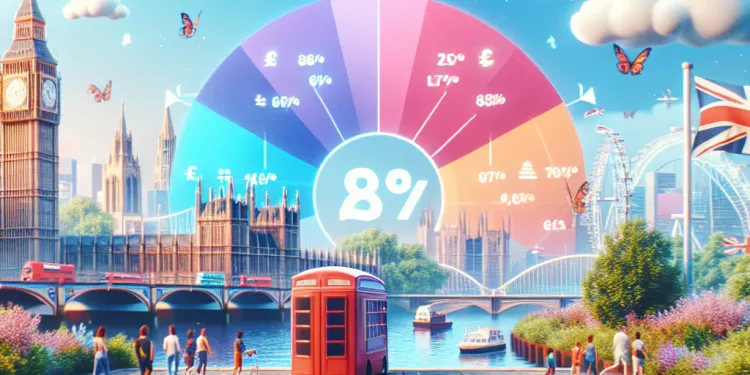
Is UK air quality changing?
Relevance: 23%
-

Are there mobile apps to track air quality and its impact on asthma?
Relevance: 21%
-
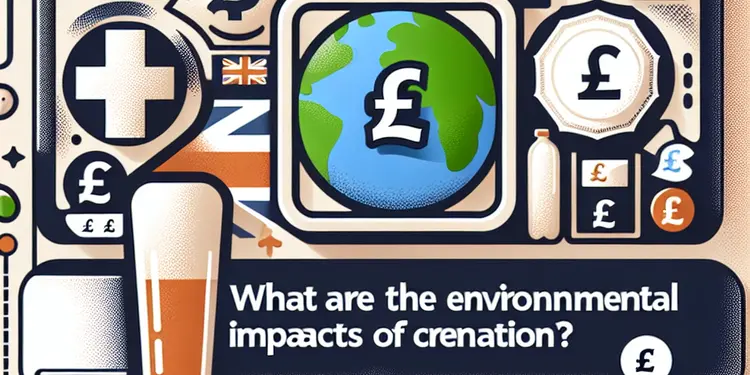
What are the environmental impacts of cremation?
Relevance: 20%
-

Is hay fever more common in urban areas?
Relevance: 20%
-

UK Study Links Poor Air Quality to Increased Asthma Cases in Urban Areas
Relevance: 19%
-

How do I check current air quality levels in my local area?
Relevance: 18%
-
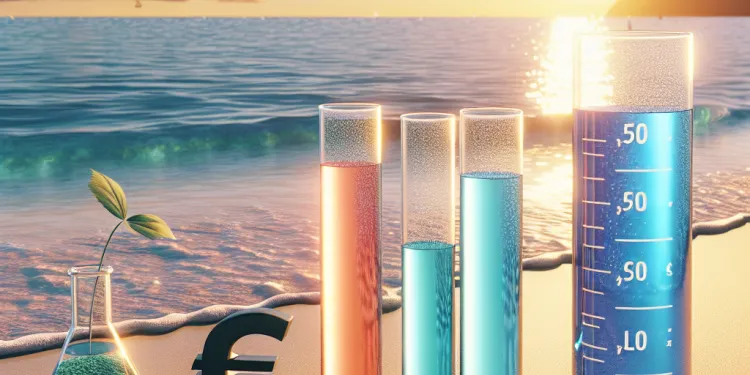
Are some UK beaches rated better for water quality than others?
Relevance: 18%
-
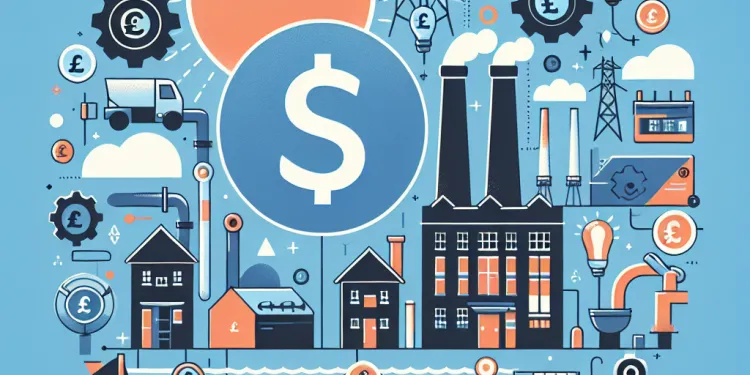
Are water companies responsible for maintaining water infrastructure in the UK?
Relevance: 17%
-

Why are experts warning of rising hay fever cases?
Relevance: 17%
-

What causes asthma?
Relevance: 17%
-

Why is infrastructure maintenance important?
Relevance: 16%
-
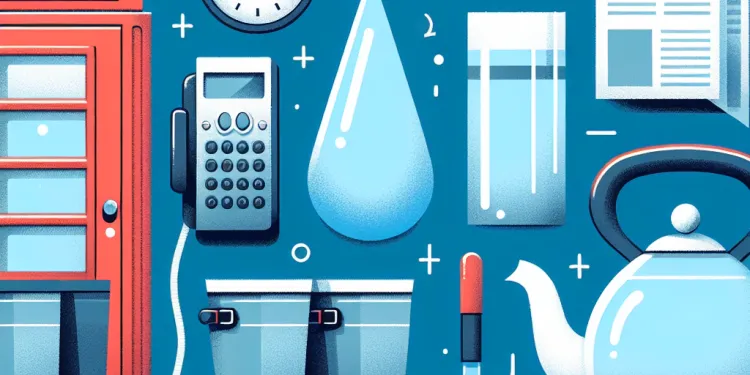
Which UK water companies are going to refund their customers?
Relevance: 16%
-
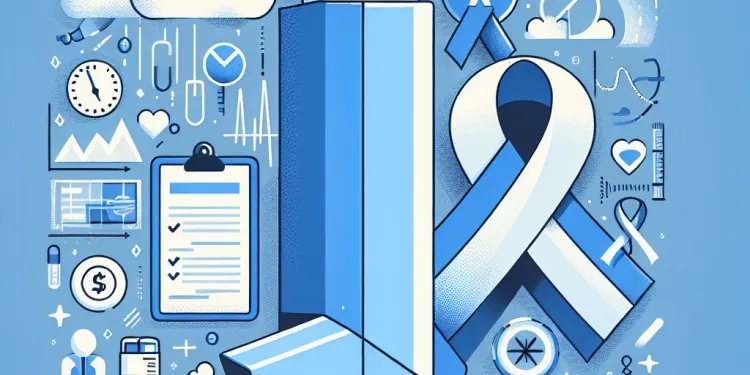
What triggers asthma attacks?
Relevance: 16%
-
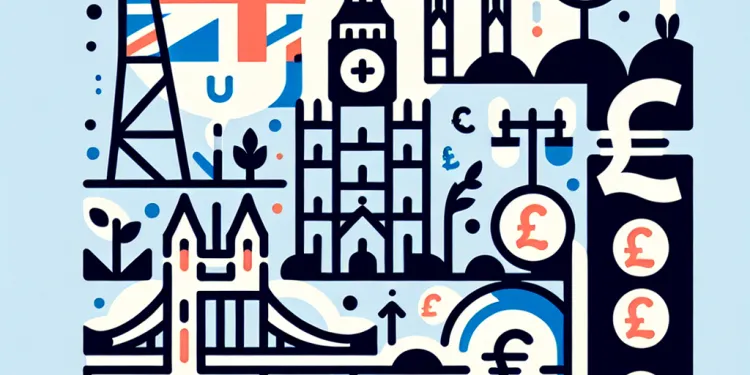
How many UK water companies are involved in the refund process?
Relevance: 14%
-

Will all customers of these UK water companies receive refunds?
Relevance: 14%
Has Sewage Pollution in the UK Improved Over Recent Years?
Introduction
Sewage pollution has been a significant issue in the UK for decades, with growing concerns about its impact on public health and the environment. In recent years, both regulatory bodies and environmental organizations have pushed for improvements. This article examines whether these efforts have led to substantial changes.Current State of Sewage Treatment
The UK has made strides in upgrading sewage treatment facilities and increasing monitoring. The Environment Agency reports regular progress assessments of water companies responsible for managing sewage systems. These assessments aim to reduce the number of pollution incidents. Water companies have invested in infrastructure improvements to manage storm overflows and reduce untreated sewage discharges.Regulatory Framework
The UK government has implemented stricter regulations to tackle sewage pollution. The Water Industry Act and subsequent amendments have introduced penalties for water companies that fail to meet environmental standards. The Environment Agency and the Department for Environment, Food & Rural Affairs (DEFRA) oversee compliance, increasing transparency and accountability.Technological Advancements
Technological improvements contribute to reducing sewage pollution. The adoption of real-time monitoring systems allows for quicker responses to pollution incidents. Additionally, advanced treatment technologies help remove pollutants more effectively, reducing the environmental impact of discharged effluent.Environmental Impact and Challenges
Despite improvements, challenges remain. Climate change contributes to heavier rainfall, overwhelming outdated sewage systems, leading to more frequent spills. In rural areas, aging infrastructure requires upgrades to handle increased demands. Public awareness and pressure from environmental groups push for accelerated progress, demanding comprehensive solutions to ensure long-term improvements in water quality.Conclusion
While the UK has taken significant steps to address sewage pollution, continued investment and innovation are required to meet environmental objectives. Regulatory reforms, technological advancements, and public engagement play crucial roles in minimizing sewage pollution's impact on the UK's waterways, ensuring better protection for both the environment and public health.Has Sewage Pollution in the UK Gotten Better Over the Years?
What Is This About?
For a long time, sewage pollution has been a big problem in the UK. It affects people and nature. Lately, people and groups have been working to fix this. This article looks at whether these efforts have worked.How Is Sewage Treated Now?
The UK is working to make sewage treatment better. The Environment Agency checks on water companies that handle sewage. They want to stop pollution events. Water companies are spending money to fix and update their systems. This helps to handle extra rainwater and stop untreated sewage from going into rivers.Rules and Laws
The UK government has made new rules to stop sewage pollution. The law now fines water companies that don't follow the rules. The Environment Agency and DEFRA make sure companies do what they are supposed to. This helps make everything clear and fair.New Technology
New technology is helping to fix sewage pollution. Special systems watch for problems and let people act quickly. Better cleaning tools help take out bad stuff from sewage. This means less pollution goes into nature.Problems and What Needs Doing
Even though things have improved, there are still problems. Climate change brings heavy rain, which the old systems can’t always handle. In the countryside, old pipes and systems need fixing. People and groups are asking for faster improvements to keep rivers clean.What Have We Learned?
The UK is doing better with sewage pollution, but there is more to do. More money, new technology, and public help are important. These actions will help protect our rivers and keep both nature and people healthy. Recommended Supporting Tools: - Use pictures and diagrams to show how sewage systems work. - Use simple videos to explain sewage pollution and prevention. - Offer small quizzes to check understanding.Frequently Asked Questions
Has sewage pollution in the UK improved over recent years?
There have been some efforts to address sewage pollution in the UK, but challenges remain, and improvement is a gradual process.
What measures are in place to reduce sewage pollution in the UK?
Measures include investment in wastewater treatment infrastructure, stricter regulations, and monitoring by environmental agencies.
Which organizations are responsible for managing sewage pollution in the UK?
The Environment Agency, water companies, and local authorities play key roles in managing sewage pollution.
What are combined sewer overflows (CSOs), and how do they affect pollution?
CSOs allow excess rainwater and sewage to overflow into water bodies during heavy rainfall, leading to pollution.
How can the public help reduce sewage pollution?
The public can help by not flushing inappropriate items, conserving water, and supporting local environmental initiatives.
What technological innovations are being used to tackle sewage pollution?
Innovations include real-time monitoring systems, advanced filtration technologies, and green infrastructure solutions.
Are water companies held accountable for sewage pollution in the UK?
Yes, water companies can face fines and legal action for failing to comply with environmental regulations.
What role does climate change play in sewage pollution?
Climate change can lead to more intense rainfall and flooding, increasing the likelihood of sewage overflow events.
Have there been any recent government initiatives to address sewage pollution?
Recent initiatives include the Environment Bill and strategic plans focused on improving water quality and infrastructure.
How do sewage pollution levels in the UK compare to other countries?
While the UK faces challenges, it’s working towards improvement. Comparisons can vary based on local policies and infrastructure.
What are the health impacts of sewage pollution in the UK?
Sewage pollution can pose risks such as waterborne diseases and adverse effects on wildlife and ecosystems.
How often are UK waterways tested for pollution levels?
UK waterways are regularly tested by the Environment Agency to monitor pollution levels and compliance with standards.
What penalties do companies face if they discharge sewage illegally?
Companies can face substantial fines, legal action, and damage to their reputation if they discharge sewage illegally.
What long-term strategies are planned to reduce sewage pollution?
Long-term strategies involve upgrading infrastructure, promoting sustainable urban drainage systems, and enhancing legislation.
How significant is public awareness in combating sewage pollution?
Public awareness is crucial for promoting responsible behavior, supporting policy changes, and encouraging community action.
Is the sewage problem in the UK getting better?
People in the UK are trying to clean up dirty water. It takes a lot of time and work. They still have some problems to fix.
How is the UK working to keep water clean and stop pollution?
Here are some ways to help clean water:
1. Spend money to make water cleaning systems better.
2. Make new rules to keep water clean.
3. Have people check if the water is clean.
You can use pictures or videos to help understand this. Ask someone for help if you need it.
Who looks after sewage pollution in the UK?
Here's how things work in the UK:
- Water Companies: They look after the pipes and clean the sewage.
- Environment Agency: They make sure water is clean and safe.
- Local Councils: They help with keeping the area clean.
If you want to learn more or need help, you can:
- Visit a library to read simple books about water and the environment.
- Watch videos online that explain sewage and water.
- Ask a teacher or a grown-up for help to understand better.
The Environment Agency, water companies, and local councils have important jobs. They help keep our rivers and seas clean from dirty water.
What are combined sewer overflows (CSOs), and how do they affect pollution?
What are CSOs and how do they make pollution worse?
CSOs is a big word. It means when dirty water from toilets and rain mix together and overflow. This can happen when there is too much water from rain and the pipes can't hold it all.
How does it make pollution worse? This overflow water can go into rivers and lakes. It has dirty stuff from toilets and streets, which can make the water dirty and unsafe for people and animals.
Help to understand: You can use pictures or videos to see how this works. Or talk to someone who knows about sewers to learn more.
Sometimes when it rains a lot, too much water and dirty water mix together. This extra water can flow into rivers and lakes, making them dirty. This happens because there is more water than the pipes can handle.
How can people help stop water pollution from sewage?
Here are some easy things you can do to help keep our water clean:
- Save water: Use less water when you shower or brush your teeth.
- Don't flush trash: Only flush toilet paper. Don't put wipes, cotton balls, or trash in the toilet.
- Use less chemicals: Try to use natural cleaners instead of strong chemicals at home.
- Pick up pet poop: Throw away your pet's waste so it doesn't wash into rivers or lakes.
- Report problems: Tell an adult if you see dirty water or bad smells near drains or rivers.
You can also ask adults to help by using special filters and learning more about keeping water clean.
You can help by not flushing things that don’t belong in the toilet. Save water when you can. Also, support local projects that help the environment.
What new technology is helping to stop water pollution from sewage?
Sewage is dirty water that comes from toilets and drains.
Some new inventions clean this water to keep our rivers and seas clean.
Here are some simple ways these inventions can help:
- Machines that clean water faster and better.
- Special filters that catch bad stuff in water.
- Sensors that tell us when there is too much sewage.
These new ideas help keep water safe for us and animals.
If reading is hard, try using tools that read aloud.
New ideas include tools to check things instantly, better ways to clean water, and eco-friendly building designs.
Do water companies get in trouble for putting bad stuff in rivers in the UK?
Yes, water companies can get into trouble if they don't follow the rules about the environment.
How does climate change make sewage pollution worse?
Climate change can cause more rain and storms. This extra water can mix with sewage and spread it into rivers and seas. This harms plants and animals. We need to be careful and work together to stop this from happening.
Tools to help: Use pictures or videos to understand better. Talk to someone if you have questions.
Climate change can make it rain a lot more. This can cause floods. When this happens, toilets and drains can overflow. This is because there is too much water for them to handle.
Is the government doing anything new about sewage pollution?
Let’s keep it simple:
1. Sewage pollution means dirty water getting into places it shouldn't be.
2. The government sometimes starts new projects to clean up this pollution.
3. A project from the government is called an "initiative."
If you want help reading:
- Ask someone you trust to read with you.
- Use a ruler or your finger to follow the words.
- Take your time; there's no rush!
There are new plans to help the environment. These plans are called the Environment Bill. They want to make water cleaner and fix things like pipes and drains.
How does sewage pollution in the UK compare to other countries?
Sewage pollution means dirty water with waste in it. It can harm fish and animals.
We can compare how dirty the water is in the UK to other places:
- Check reports on water pollution.
- Use maps to see bad areas.
- Look at news about clean water.
Tools that can help:
- Use a picture or diagram to understand.
- Watch a short video about water pollution.
By doing this, you can learn if the UK's water is cleaner or dirtier than other countries.
The UK has some problems, but it is trying to get better. Things can be different depending on the rules and buildings where you live.
How does dirty water affect health in the UK?
Dirty water, like sewage, can be bad for health. It can make people sick. This happens when the dirty water goes into rivers, lakes, or the sea. People can get stomach aches or feel sick if they play in or drink this water.
Here are some things to help:
- Watch videos about staying safe around water.
- Use pictures or drawings to understand better.
- Ask a friend or family member to explain it.
Sewage pollution can cause problems. It can make people and animals sick. It can also hurt plants and animals that live in water.
To help understand better, you can use pictures, simple charts, or audio tools. You can also ask someone to explain it to you in person.
How often do people check UK rivers for pollution?
The Environment Agency checks UK rivers and lakes to make sure they are clean and safe.
What happens if companies dump sewage illegally?
If a company dumps sewage in the wrong way, they can get in trouble.
Here are some things that might happen to them:
- They might have to pay a big fine (a lot of money).
- People might stop buying from them because they did something bad.
- They could have to clean up the mess they made.
- They might not be allowed to do certain things anymore.
If you want extra help reading, try using:
- A reading app that reads words out loud.
- A dictionary to help with hard words.
- Ask someone to explain in their own words.
If companies put dirty water (sewage) in places where they shouldn’t, they can get into big trouble. They might have to pay a lot of money, go to court, and people might think badly of them.
What are the plans to stop sewage pollution in the future?
Here are some simple ideas to help:
- Make sure pipes and drains are fixed.
- Use special tools to clean up the water.
- Teach people to not throw waste in rivers.
Support tools can help too:
- Use pictures to understand how things work.
- Watch videos that show clean-ups.
Long-term plans mean making buildings and roads better, using special ways to help water soak into the ground, and making rules stronger.
Why is it important for people to know about sewage pollution?
It is important for everyone to understand what is happening. This helps people act in the right way, make new rules, and work together.
Useful Links
Have you found an error, or do you have a link or some information you would like to share? Please let us know using the form below.
-->
This website offers general information and is not a substitute for professional advice.
Always seek guidance from qualified professionals.
If you have any medical concerns or need urgent help, contact a healthcare professional or emergency services immediately.
Some of this content was generated with AI assistance. We’ve done our best to keep it accurate, helpful, and human-friendly.
- Ergsy carfully checks the information in the videos we provide here.
- Videos shown by Youtube after a video has completed, have NOT been reviewed by ERGSY.
- To view, click the arrow in centre of video.
- Most of the videos you find here will have subtitles and/or closed captions available.
- You may need to turn these on, and choose your preferred language.
- Go to the video you'd like to watch.
- If closed captions (CC) are available, settings will be visible on the bottom right of the video player.
- To turn on Captions, click settings .
- To turn off Captions, click settings again.
More Items From Ergsy search
-

What causes sewage pollution on UK beaches?
Relevance: 100%
-

What agencies monitor and regulate sewage pollution in the UK?
Relevance: 98%
-

Can sewage pollution impact marine wildlife?
Relevance: 97%
-

Is climate change affecting sewage pollution levels?
Relevance: 97%
-

Which UK areas are most affected by sewage pollution?
Relevance: 97%
-

What is being done to address sewage pollution on UK beaches?
Relevance: 97%
-

How does sewage pollution affect public health?
Relevance: 95%
-

Has sewage pollution in the UK improved over recent years?
Relevance: 94%
-

What role do water companies play in sewage pollution?
Relevance: 94%
-

How can individuals help reduce sewage pollution?
Relevance: 93%
-

How can the public find out if a beach has sewage pollution?
Relevance: 87%
-

Is sewage a problem on UK beaches?
Relevance: 83%
-

Are there legal guidelines for sewage discharge into UK waters?
Relevance: 67%
-

Air Pollution and Lung Cancer
Relevance: 48%
-

How does air pollution affect asthma?
Relevance: 44%
-

Rise in Childhood Asthma Linked to Air Pollution in Urban Areas
Relevance: 41%
-

High Air Pollution Levels Linked to Rising Cases of Respiratory Issues
Relevance: 41%
-

Where can I find information on air pollution and its effect on Asthma for my local area?
Relevance: 40%
-

Where can I find research studies on air pollution and asthma in my area?
Relevance: 39%
-

What are some common pollutants that affect asthma sufferers in urban areas?
Relevance: 39%
-

What is a Combined Sewer Overflow (CSO)?
Relevance: 32%
-

What local organizations provide information on air pollution and asthma?
Relevance: 29%
-

How can I reduce my exposure to air pollution if I have asthma?
Relevance: 29%
-

What local organizations provide information on air pollution and asthma?
Relevance: 29%
-

Where can I find general information about air pollution and asthma?
Relevance: 28%
-

Is UK air quality changing?
Relevance: 23%
-

Are there mobile apps to track air quality and its impact on asthma?
Relevance: 21%
-

What are the environmental impacts of cremation?
Relevance: 20%
-

Is hay fever more common in urban areas?
Relevance: 20%
-

UK Study Links Poor Air Quality to Increased Asthma Cases in Urban Areas
Relevance: 19%
-

How do I check current air quality levels in my local area?
Relevance: 18%
-

Are some UK beaches rated better for water quality than others?
Relevance: 18%
-

Are water companies responsible for maintaining water infrastructure in the UK?
Relevance: 17%
-

Why are experts warning of rising hay fever cases?
Relevance: 17%
-

What causes asthma?
Relevance: 17%
-

Why is infrastructure maintenance important?
Relevance: 16%
-

Which UK water companies are going to refund their customers?
Relevance: 16%
-

What triggers asthma attacks?
Relevance: 16%
-

How many UK water companies are involved in the refund process?
Relevance: 14%
-

Will all customers of these UK water companies receive refunds?
Relevance: 14%


